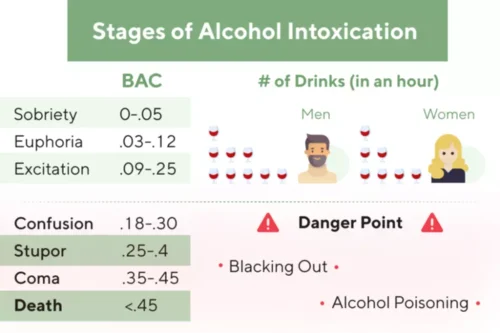Dialectical behavior therapy was developed in the 1970s by Marsha Linehan, an American psychologist. You can use these DBT skills in all aspects of your life, particularly those you may find more challenging. DBT skills are aptitudes and tools you can develop to better cope with all types of challenges. You could use these to work on your DBT training alongside a formal course, or after finishing one.
Researchers have also found that DBT is effective regardless of a person’s age, sex, gender identity, sexual orientation, and race/ethnicity. DBT acknowledges the need for change in a context of acceptance of situations and recognizes the constant flux of feelings—many of them contradictory—without having to get caught up in them. Therapist-teachers help patients understand and accept that thought is an inherently messy process. The “dialectic” in dialectical behavior therapy is an acknowledgment that real life is complex, and health is not a static thing but an ongoing process hammered out through a continuous Socratic dialogue with the self and others.

For example, accepting yourself and changing your behaviour might feel contradictory. But DBT teaches that it’s possible for you to achieve both of these goals together. Each lesson is structured with a learning component that takes around 5 minutes to complete. Then there is an accompanying exercise and worksheet that will take you around 10 minutes to complete.
It is recommended that people seeking treatment find a licensed mental health professional who has completed a specialized DBT training or certificate program. DBT is often most effective for people who struggle to control their emotions. Radically open dialectical behavior therapy (RO-DBT), meanwhile, is a form of DBT meant to help people whose self-destructive behaviors are the result of overcontrol. It’s an approach to therapy that can help you learn to cope with difficult emotions. In addition to keeping patients present-focused, it slows down emotional reactivity, affording people time to summon healthy coping skills in the midst of distressing situations.

Others, like self-harm, substance use, or angry outbursts, might even cause harm. With DBT, you’ll learn to use four core skills, sometimes called modules, to cope with emotional distress in positive, productive ways. Linehan refers to these four skills as the “active ingredients” of DBT. A significant body of research suggests DBT is an effective treatment for several mental health issues. Unlike with most other therapies, with DBT your therapist is available by phone for in-the-moment support.
At the same time, you’ll work on changing negative, unhealthy behaviors that are holding you back in your life. Dialectical behavior therapy (DBT) is a form of psychotherapy (also known as “talk therapy”) that’s most commonly used to treat people with borderline personality disorder (BPD). It’s also sometimes used to treat other psychiatric conditions dialectical behavioral therapy such as depression, anxiety, and eating disorders. Mindfulness and distress tolerance skills help you work toward acceptance of your thoughts and behaviors. Emotion regulation and interpersonal effectiveness skills help you work toward changing your thoughts and behaviors. DBT was developed for people with borderline personality disorder.

Mindfulness training allows people to take stock of their current experience, evaluate the facts, and focus on one thing at a time. Research has found that beyond BPD, dialectical behavior therapy has been shown to help reduce suicidal behavior in adults. Studies show DBT also reduces self-harming behavior and suicide attempts in teens. As a team, you and your therapist will identify behaviors you’d like to decrease along with behaviors you’d like to increase.
Many readers use these at-home exercises in conjunction with a therapist and many readers use them as a self-study guide. In another study, after the first year of DBT treatment, 77% of the patients no longer met the criteria for a borderline personality diagnosis. When they become triggered or emotionally overwhelmed, they may become highly reactive and self-destructive. Using magnetic resonance imaging (MRI), brain researchers have found that people with emotional dysregulation may have issues with the neurocircuitry that regulates emotion in the brain. Some research indicates that up to 10% of people with BPD will die by suicide.
